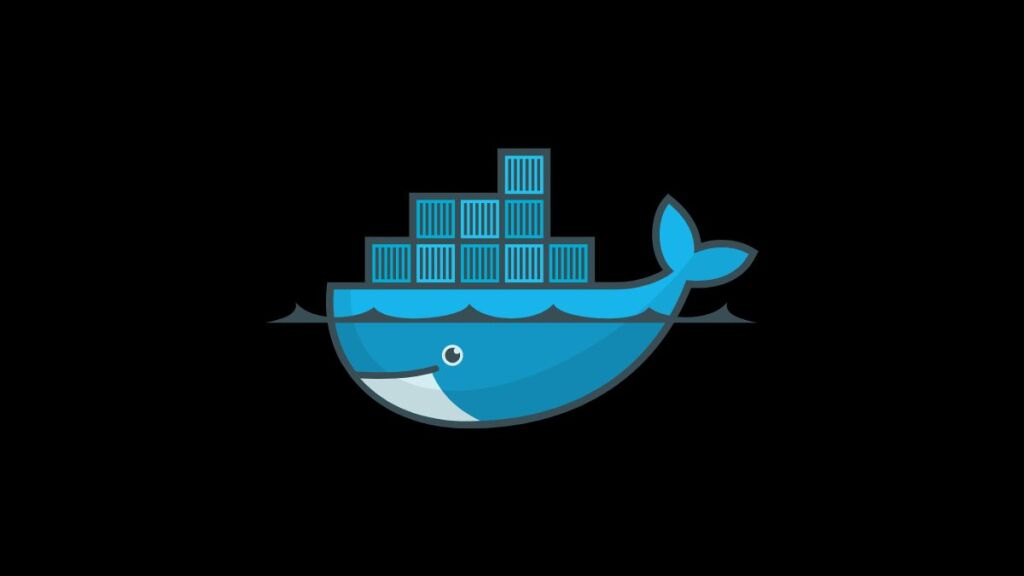Docker Compose is an essential tool for defining and running multi-container Docker applications. With its simple YAML configuration file, Docker Compose allows you to configure application services, networks, and volumes in a single file, streamlining the deployment process. One of the powerful features of Docker Compose is its ability to manage multiple instances of a service, facilitating scalability and high availability for your applications. This article explores how to leverage Docker Compose to run multiple instances of the same service and the best practices for doing so effectively.
Understanding Service Scaling in Docker Compose
Scaling services in Docker Compose involves increasing or decreasing the number of container instances running a particular service. This is particularly useful for handling load variations, ensuring that your application can meet demand without over-provisioning resources.
Using docker-compose up –scale
For non-Swarm mode, Docker Compose offers the --scale option in the command line to specify the number of instances for a service:
docker-compose up -d --scale service_name=3This command scales service_name to three instances. It’s a straightforward method for dynamically adjusting the number of service instances based on immediate needs.
Specifying Replicas in Docker Compose File
For Docker Swarm mode, you can define the number of instances directly in the Docker Compose file using the replicas attribute under the deploy key:
version: '3.8'
services:
webapp:
image: myimage:latest
deploy:
mode: replicated
replicas: 3This configuration ensures that three instances of the webapp service are maintained across the Docker Swarm cluster, enhancing availability and load distribution.
Best Practices for Running Multiple Instances
Ensuring Stateless Services
To effectively scale a service, it should be stateless, meaning it does not retain any internal state between requests. This allows any instance to handle any request at any time, ensuring seamless scalability and redundancy.
Load Balancing
When running multiple instances, a load balancer is essential to distribute incoming requests evenly across all instances. Docker Swarm mode automatically load balances requests among the replicas of a service. For non-Swarm mode, you might need to configure a load balancer manually or use Docker’s built-in ingress network.
Service Discovery
Service discovery is crucial for dynamically managing service instances. Docker Swarm mode handles service discovery automatically, allowing services to discover each other through internal DNS resolution. For non-Swarm deployments, consider using tools like Consul for service discovery.
Resource Allocation
When scaling services, be mindful of the resources available on your host machine or cluster. Monitor resource usage and allocate resources (CPU and memory limits) in your Docker Compose file to prevent any single service from monopolizing the host’s resources.
Persistent Data Management
For services that require persistent data, use Docker volumes to store data outside of containers. This ensures data persistence across container restarts and allows multiple instances to share access to the same data if necessary.
Conclusion
Docker Compose simplifies the process of deploying and scaling multi-container applications, making it an invaluable tool for developers and system administrators. By understanding how to manage multiple instances of services with Docker Compose and adhering to best practices for scalability and high availability, you can ensure that your applications remain responsive and resilient under varying loads. Whether you’re running a simple application that needs to handle occasional traffic spikes or a complex microservices architecture requiring high availability, Docker Compose provides the flexibility and power to meet your needs.
- Car Dealership Tycoon Codes: Free Cash for March 2024 - April 9, 2024
- World Solver - April 9, 2024
- Roblox Game Trello Board Links & Social Links (Discord, YT, Twitter (X)) - April 9, 2024

